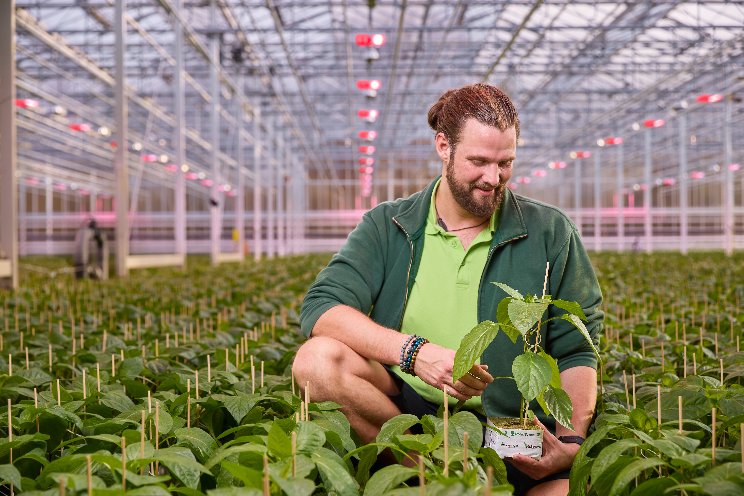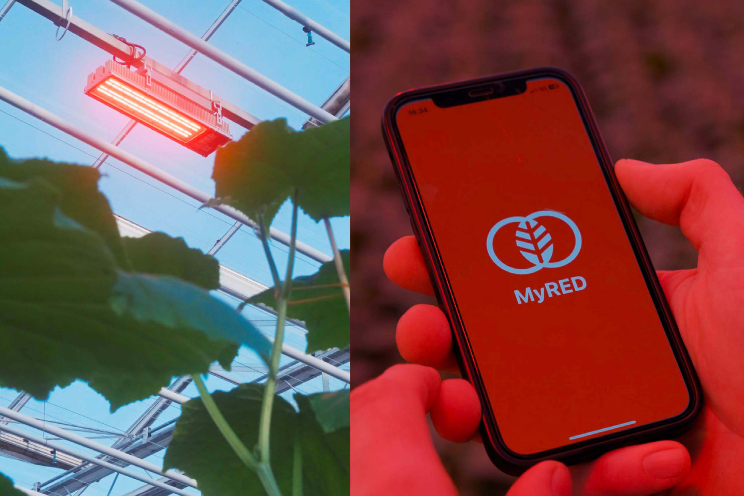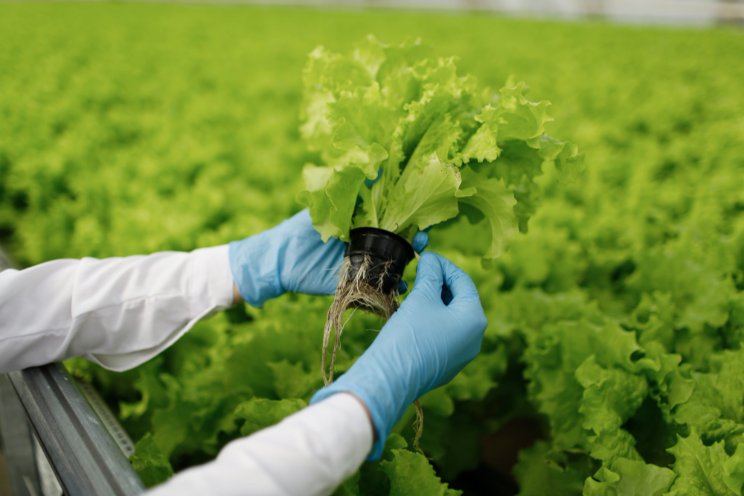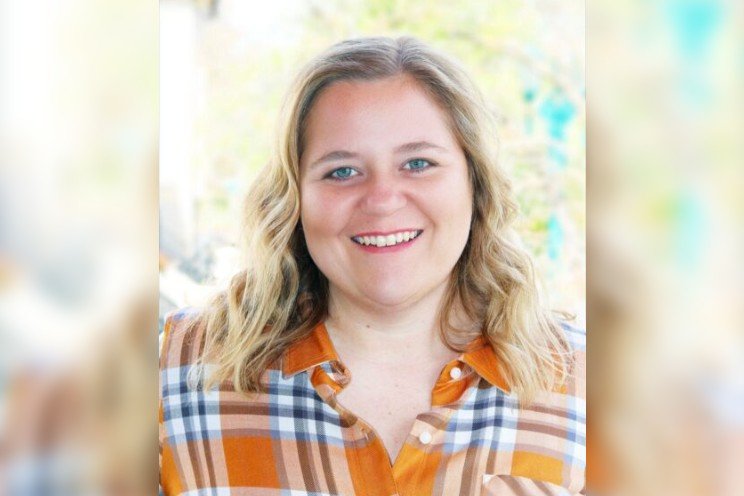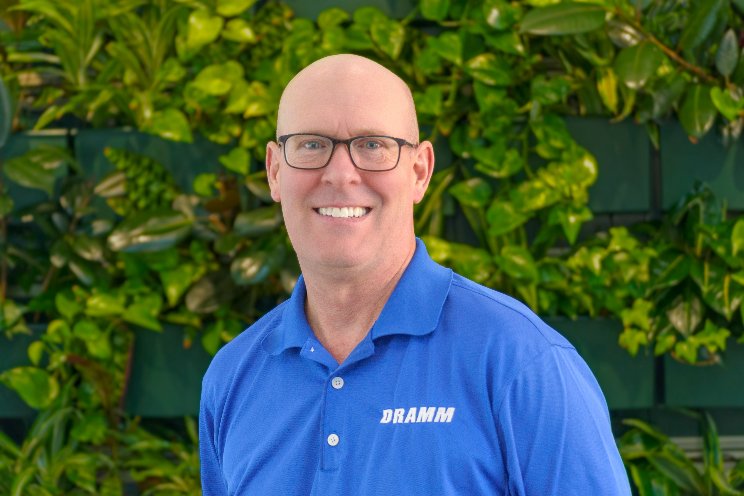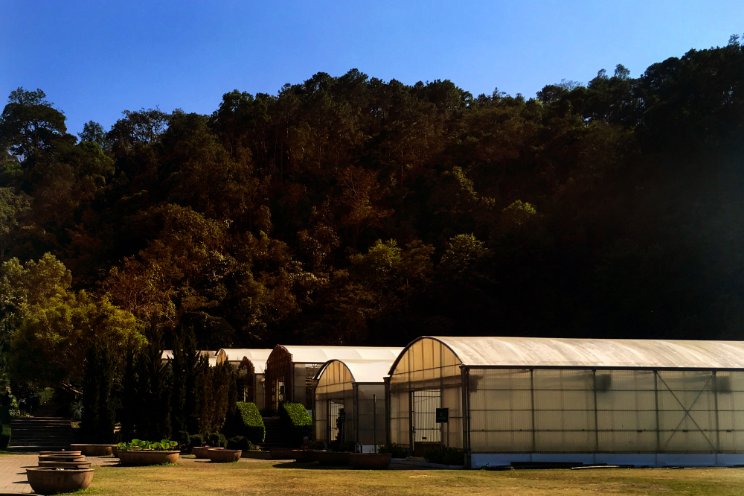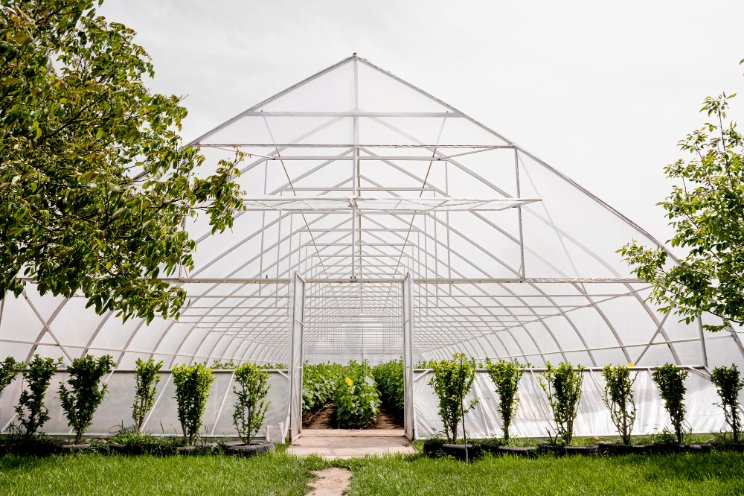Forging pathways to land access for BIPOC farmers
Added on 03 April 2023
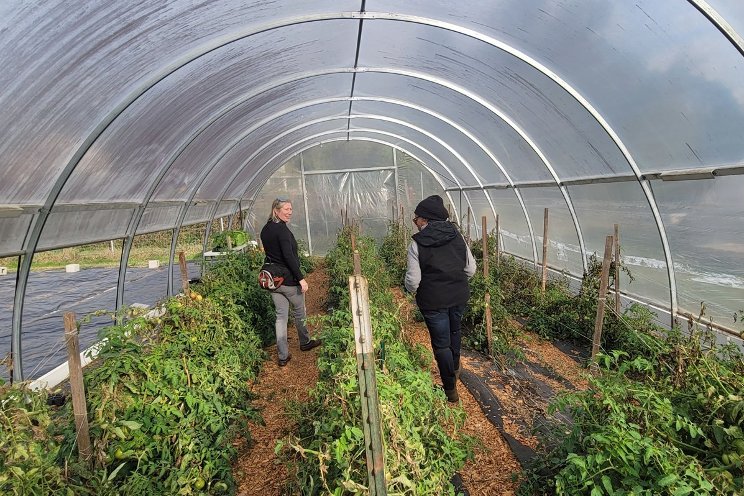
“The biggest trouble is finding land, and I didn’t know where to go to farm even though I was qualified,” says Deijhon Yearby. The 26-year-old started his journey with farming in high school and now grows okra, tomatoes, kale, and other Southern favorites on a quarter-acre in Nicholson, Georgia.
“I was a part of the Young Urban Farmers Program, where they took high school kids and showed them farming techniques,” Yearby explains. In 2019, he was matched with farmland through an online platform called Georgia FarmLink and was able to start his operation, Cozy Bear Market Gardens, soon thereafter.
Yearby was the first Georgia farmer matched through the Georgia FarmLink web tool, which was launched in 2019 by the Athens Land Trust (ALT) to help beginning and disadvantaged farmers access farmland. The website connects farm seekers and landowners/donors, allowing them to meet each other independently, while still having access to ALT’s resources and technical assistance.
Continue reading.
Photo credit: Oisakhose Aghomo
More news
